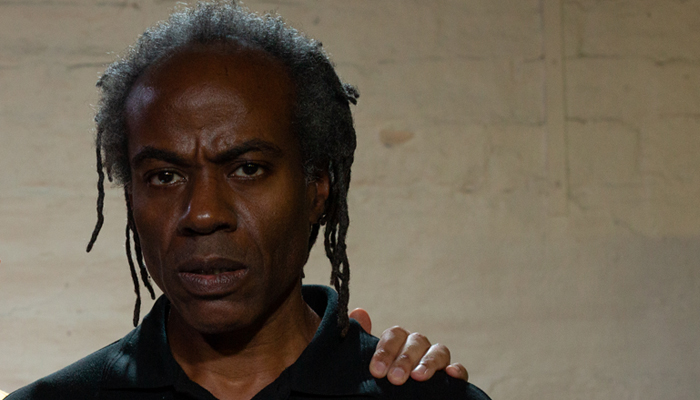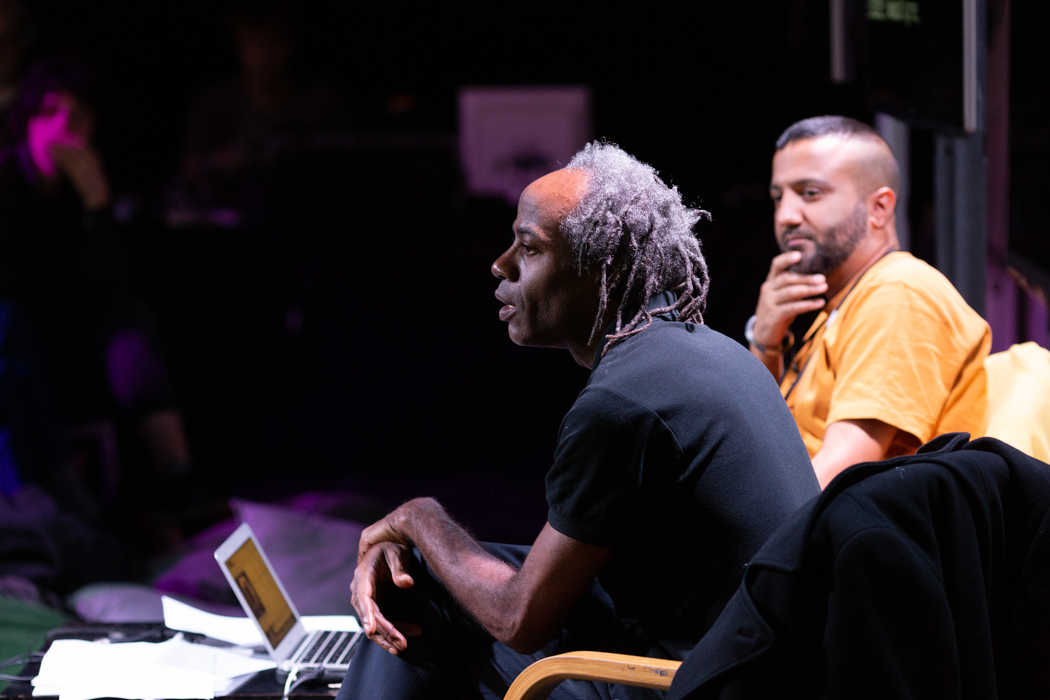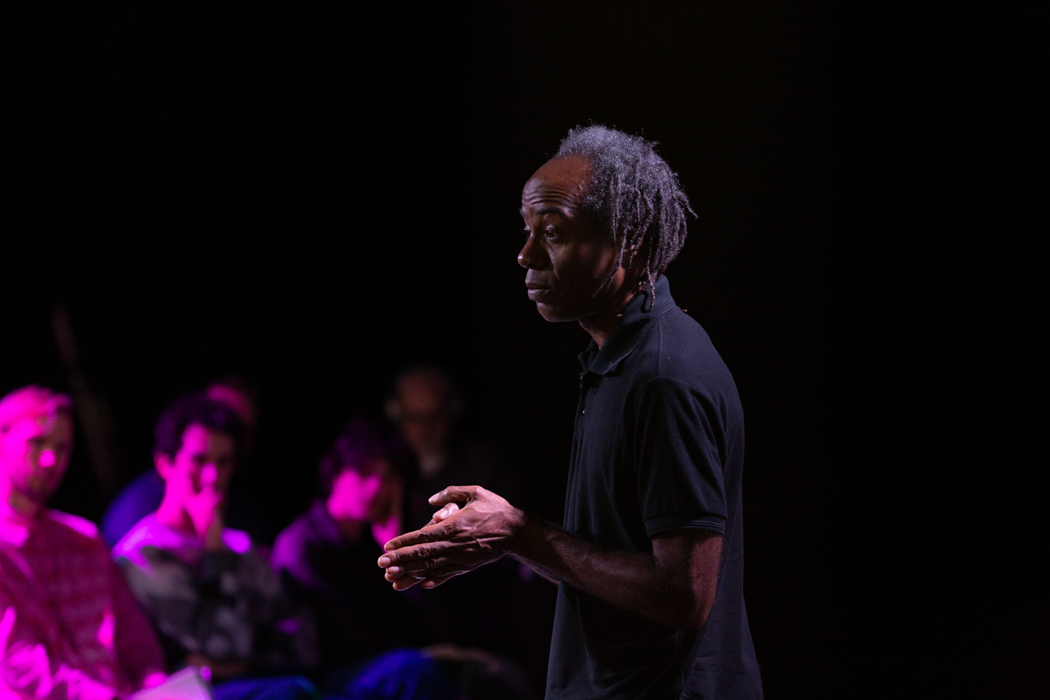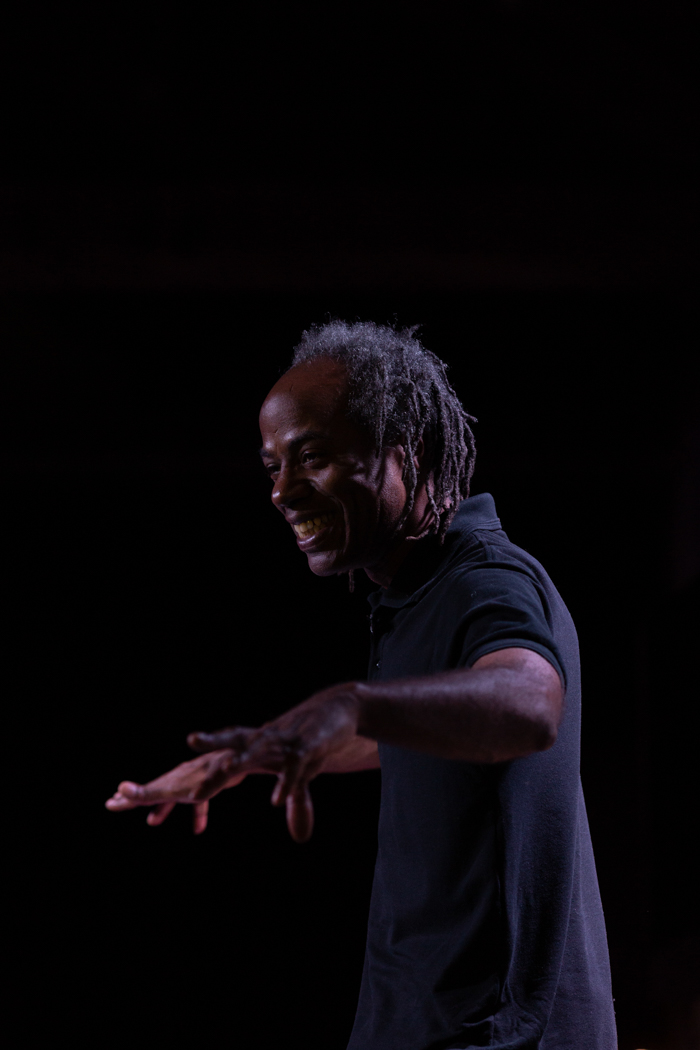The Strangeness of Dub
The Strangeness of Dub
Dub is strange. A musical process and a sub-genre formed in the early 1970s and pioneered by Clement Dodd, Sylvan Morris, Lee Perry, King Tubby, Scientist, Jah Shaka and The Mad Professor, dub takes place through a kind of violence, an act of reducing archival audio documents to fragments and traces, yet is associated, in its sound system context, with communal reverie and meditative states.
A marginal music and a music of margins, first and most enduringly located on the ‘b side’, the underside, of phonographic recordings, dub is a subgenre of reggae music, subordinate and secondary to song-writing, musical performance and recording. And yet more so than reggae song writing, vocal or musical performance, dub’s influence reverberates across other genres of electronic music, even while never quite comprising a genre of its own.
Dub is also a sonic process, a way of making new music from existing music that is always present in all forms of electronically recorded music, as that which is waiting to be excavated and discovered for the first time. You can hear dub process in late 20th century and 21st popular electronic dance music, in the 80’s hip hop productions of Marley Marl and the Bomb Squad, in the techno of Basic Channel and Mika Vaino, in dubstep and drum and bass, and you can hear its conceptual pre-figurations in jazz and the avant garde music of Cage and Stockhausen.
And yet, in spite or perhaps because of its broad cultural resonance, dub has at its heart a concern with ideas of emptiness and silence, being and presence, space and repetition, and these ideas intersect with themes, especially in reggae, of Diaspora, and ‘race’, history and memory, longing and loss.
ReadEdward George is a writer, researcher, and presenter of Black Audio Film Collective’s ground-breaking science fiction documentary Last Angel of History. Edward is a founder of Black Audio Film Collective (1982-1998), the multimedia duo Flow Motion (1996-present), and the electronic music group Hallucinator (1998-present).
Dhanveer Brar is researcher and writer who teaches in the Department of Visual Cultures, Goldsmiths, University of London. He is also a member of Le Mardi Gras Listening Collective and has two books forthcoming with 87 Press and Goldsmiths Press.
This session was originally billed to be Study Session with Stefano Harney called Logistics and Logisticality, but he was unable to attend the Episode at the last minute and the session was led instead Edward George in conversation with Dhanveer Brar.
Image Description: Edward George is in the foreground of the image and we see them from a side profile, they are talking to an audience, sat cross legged with hands casually placed on their knee. Dhanveer Brar is sat next to Edward and is further in the distance, they look at Edward listening intently with a hand pensively placed on their chin.
Documentation
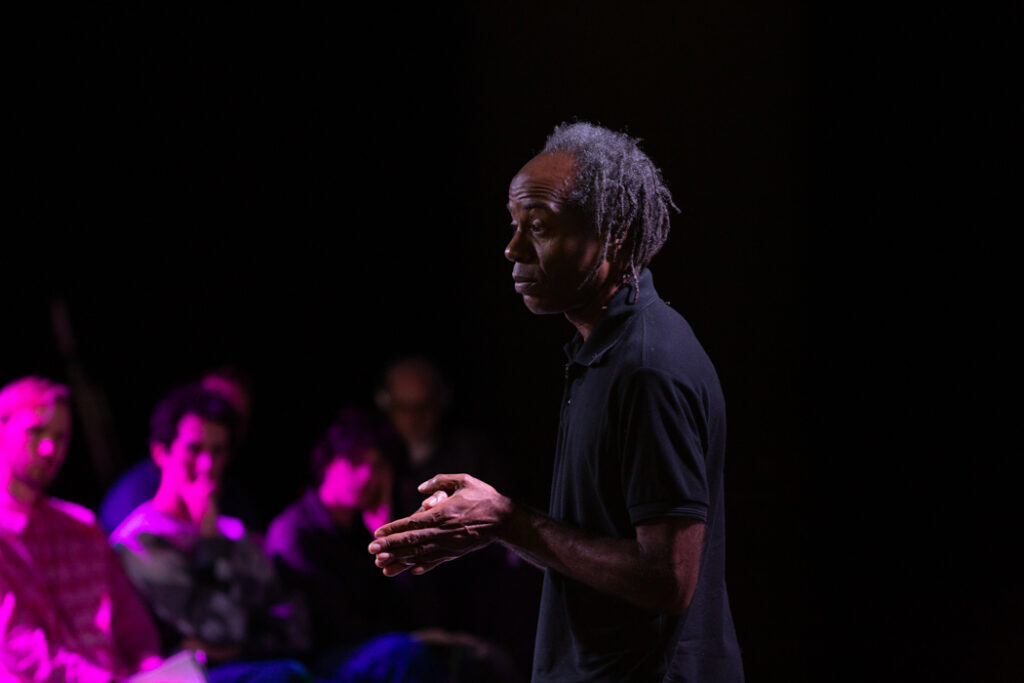
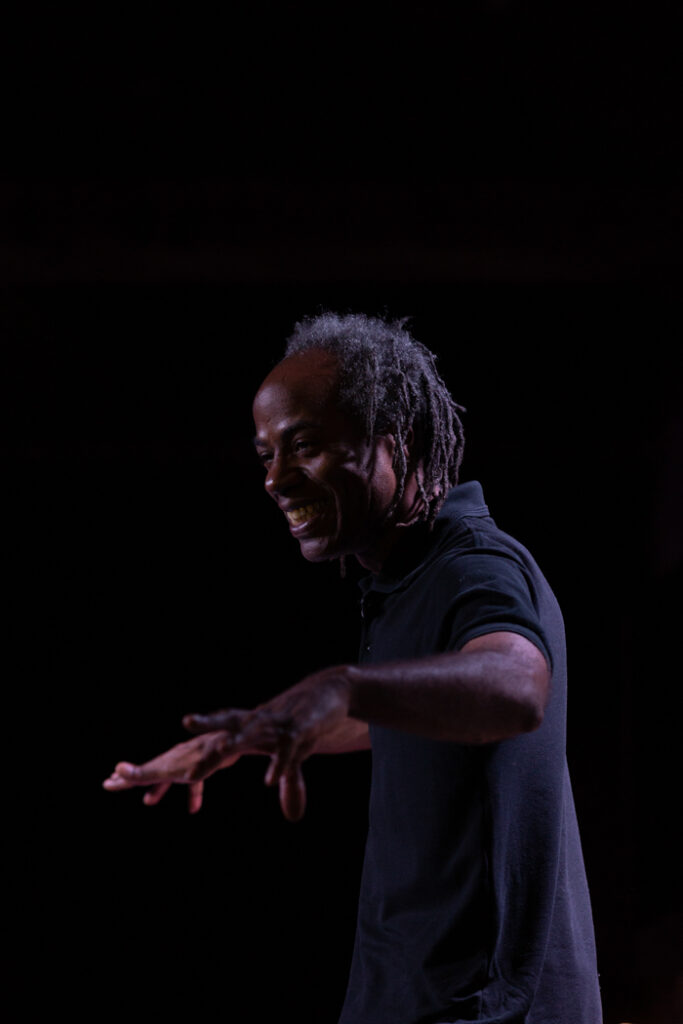

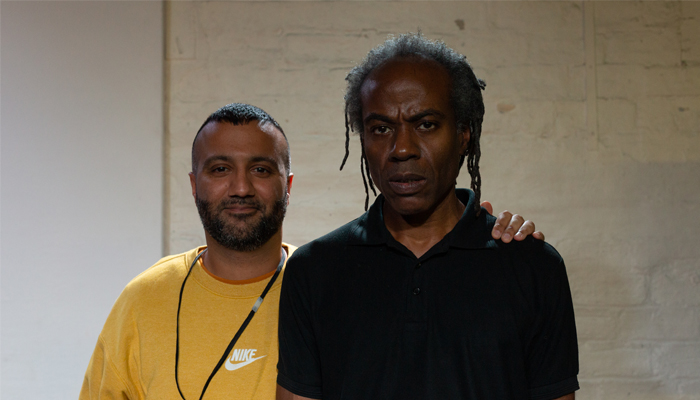
Artists
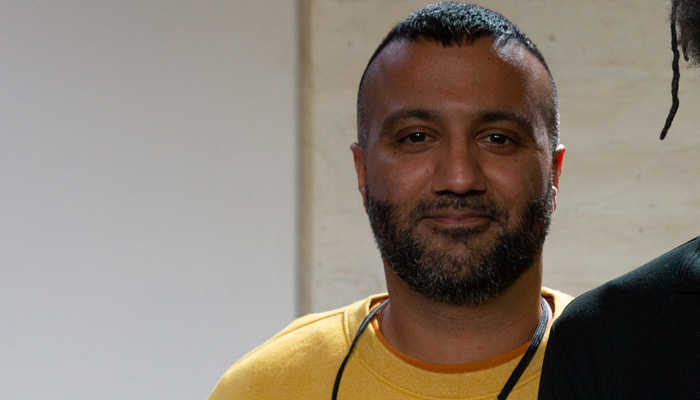
Dhanveer Brar
